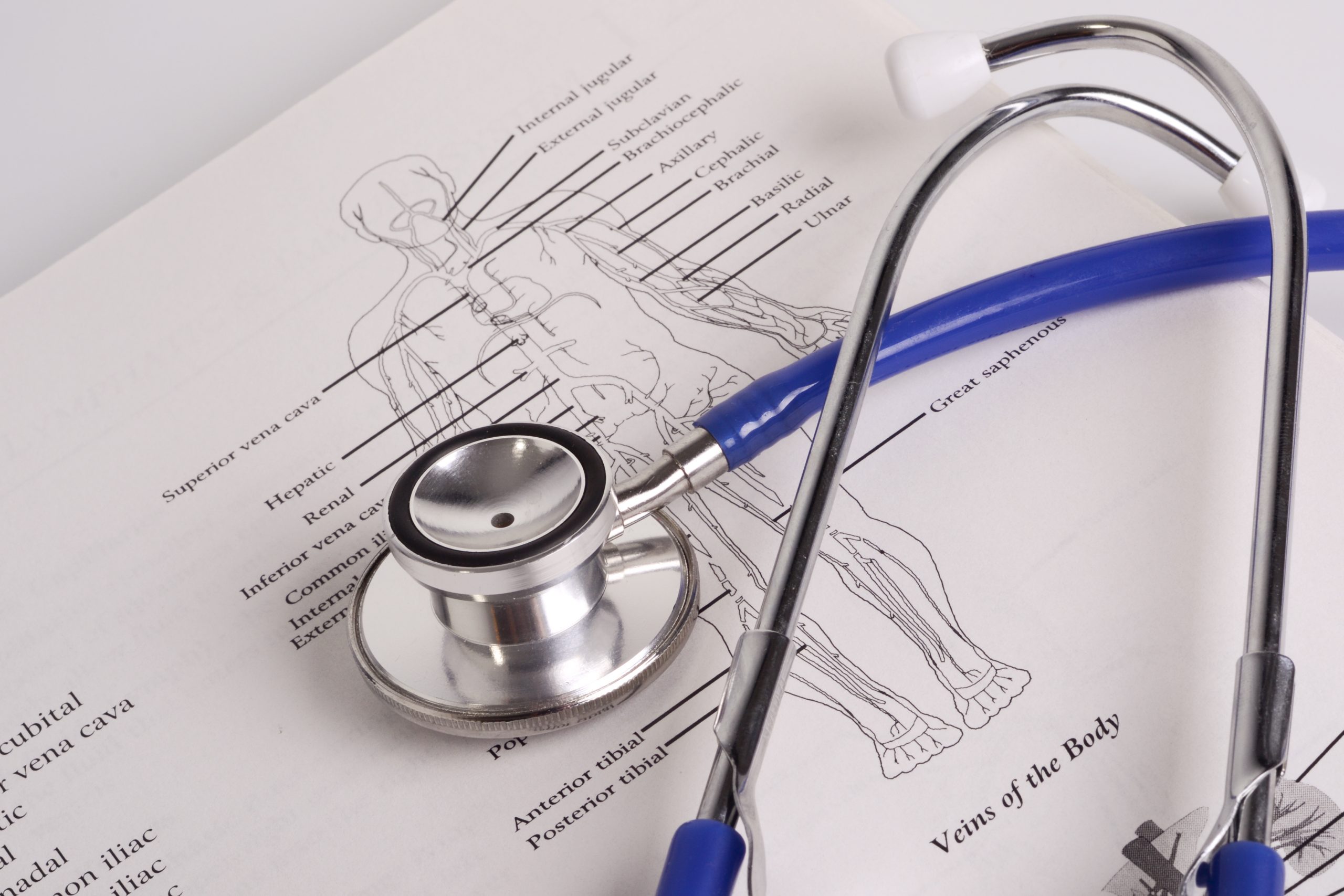To be very honest and frank, the NEET PG syllabus looks not just huge but dense. However, there are various weird alternatives that exist. One such approach is the Active Recall technique, which, according to science, enhances the process of memorizing, learning, and doing well in assessments.
Within the pages of this blog, you’ll find out why medical students should develop an affinity for this technique, how to implement it, and how it can revolutionize the way you study for NEET PG.
What is Active Recall?
Self-examination is what you’d call Active Recall. In this technique, one does not simply highlight or read; one tries to actively reinforce neural connections and actively engages with the information stored within one’s memory to bring something forth in the future.
Instead of going through your pharmacology notes on a drug many times, make an effort to recall the mechanisms, side effects, and contraindications related to a certain drug. More importantly, that information is sent through a series of never-ending neurons that act as a shortcut to the main database when needed.
Why Active Recall Works for NEET PG Preparation
- From Short to Long: With the aid of Active Recall, short-term bits of information stored within the mind can be transformed into long-lasting pieces.
- Engages Critical Thinking: One’s achievement of problem-solving skills is a consequence of overcoming difficulties, something that will be of great importance in the exams, as well as in clinical practice.
- Fight the Forgetting Curve: By the process of spacing the learning of material, and revisiting it after intervals, the learner can make the information persist in memory for a longer period; thus, they do not need to cram again.
- Saves Time: The use of Active Recall easily surpasses the ineffective reading method, where learning takes place easier than using more laborious methods.
How to Use Active Recall for NEET PG
1. Break Down Your Material
Break the syllabus into smaller pieces for better understanding. Consider one concept or subject at a time, such as physiology, pharmacology, or pathology.
2. Make Active Recall Questions
Transform your textbook material into questions that will challenge your understanding. For example:
- Anatomy: “What are the divisions of the brachial plexus?”
- Pathology: “What induces acute pancreatitis?”
- Pharmacology: “How do beta-blockers decrease blood pressure?”
3. Test Yourself Frequently
Test yourself out rather than going over what you have been taught. Through the use of flashcards (for Anki, Quizlet), you can review the most commonly met concepts that you’ve learned with regularity. This will allow you to keep the information in your memory for a longer time.
4. Review Mistakes
Whenever you get wrong answers, come back to those topics and clearly understand why you had wrong answers. This, in turn, enhances memory and learning.
Working Memory Strategies for NEET PG Subjects
- Anatomy: Draw memory structures and labels.
- Physiology: Use flowcharts to remind you of processes such as the cardiac cycle or kidney regulation.
- Pharmacology: Group drugs according to classes and examine the actions and side effects of drugs.
- Pathology: Use clinical simulations to test your understanding of disease mechanisms.
Benefits of Active Recall for NEET PG
- Better Retention: Long-term memory retention with less need for last-minute cramming.
- Efficiency: Spend less time passively reading and more time actively engaging with the content.
- Increased Confidence: Regular testing prepares you for real testing environments.
- Deeper Understanding: Active Recall doesn’t just help you remember; it helps you understand the core concepts.
Conclusion: Studying Smarter, Not Harder
Active Recall is a game changer for NEET PG preparation. By testing yourself regularly, reviewing mistakes, and focusing on understanding rather than rote memorization, you will improve your performance in both recall and exams.
Start using Active Recall today and increase your chances of success in NEET PG!



